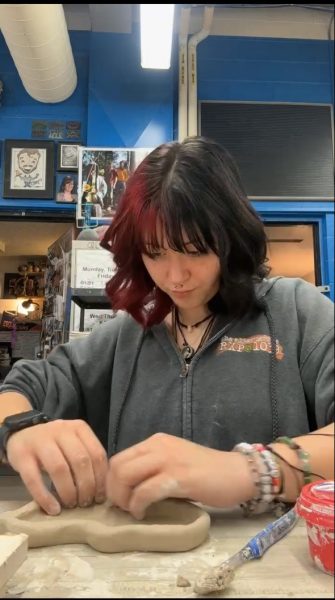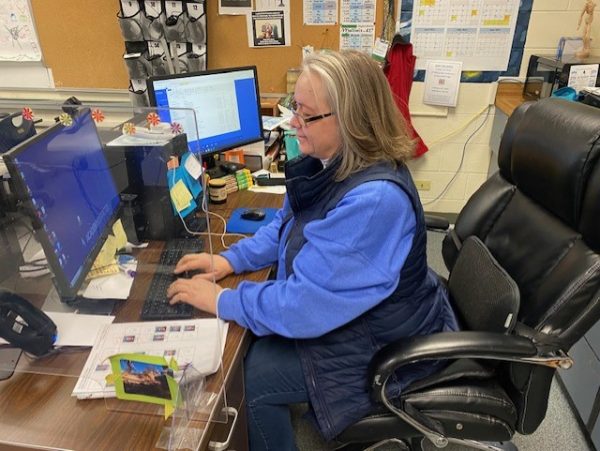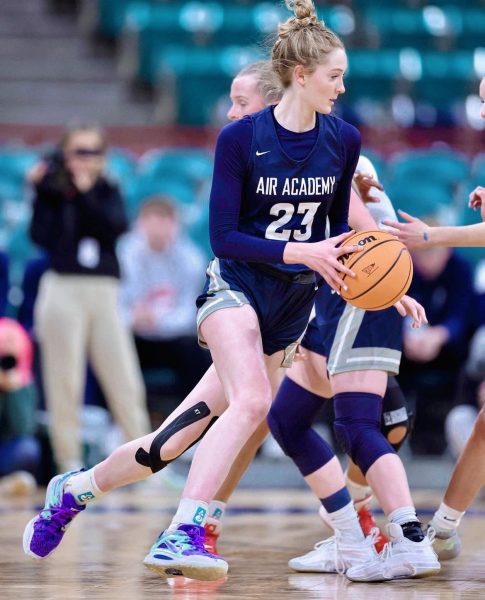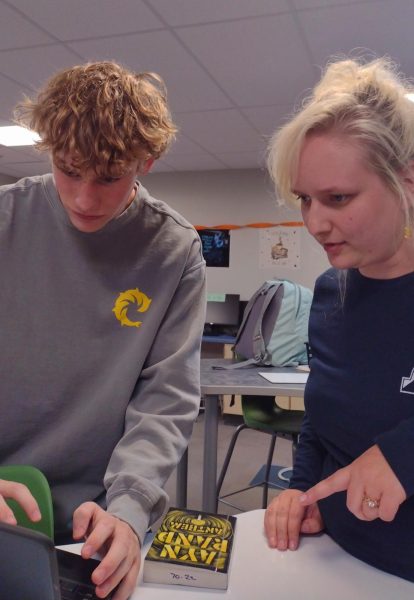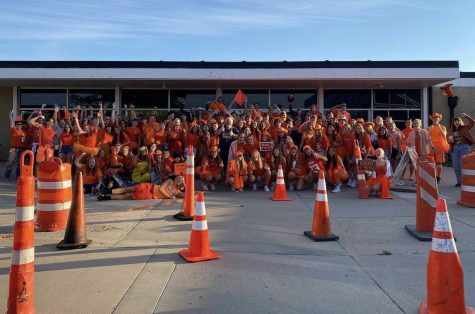Junior’s next step into the future: College preparation
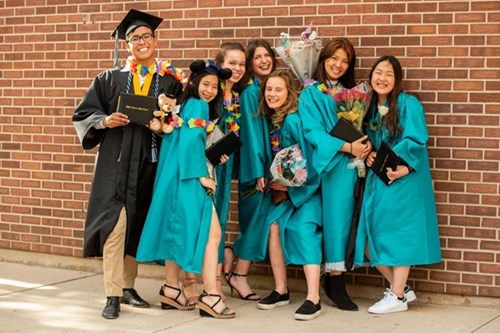
A group of graduates happy to take their next step in life. Licensed for reuse by Civa charter school
With senior year fast approaching, the talk of college has begun to increase. As juniors prepare for their next step into the future, there are many questions about how the college application process works and if college is even right for you.
College offers many benefits for the future, such as skill training, lifelong friends, and a better salary. With a high school degree, one can only make around an average of $30,000 a year, while with a college education, one can make around $50,000.
“I think college is pretty important but it also kind of depends on what you want to do afterward so you don’t get a useless degree,” junior Joy Kemp explained.
An important thing for students to remember is that there are multiple options when it comes to their future and college isn’t the only pathway to go. One of the options that students choose is to just go immediately into the workforce. Some even consider enlisting in the military.
Even with those options, there is still a chance that later in the future that a student may want to attend college for a chance to advance in skills or go back to get a promotion at work.
There are different types of colleges that one may attend, some of those would be a 2-year degree college which can help someone earn an associate’s degree, and a four-year school that can offer a bachelor’s and everything above that. A 4-year college can be in-state, out of state, and private, though in-state is the most affordable option.
When it comes to being qualified for college, there are many requirements that a student must meet before being put up for consideration. GPA and SAT/ACT are great examples of this as they are one of the main things that colleges look at. An important thing to do when applying for a college is to make sure that they don’t have any specific requirements, an example would be checking if your dream school requires the SAT essay to get in because that part of the test is optional now.
Another important thing to consider when picking a college is a future career. The task of finding a future profession that fits you can be quite difficult, as many don’t know what they want to do in the future. But there are ways to figure out a career path that fits someone’s interests/personality.
“I think one of the best ways to find out what career field you might like is to take a wide variety of classes,” college counselor Eric Beers said.
Another way Beers suggested picking out a career that best fits you would be volunteering at food banks, churches, schools, etc. Volunteering is a very effective way to learn about different career options and more about yourself.
“You have to become a bit assertive in talking to adults. Any adult you come across (neighbor, extended family, church, family friend), ask about what they do for a living, what they like about it, could you come to shadow them, etc.,” Beers expressed.
Many agree that not knowing a plan for the future is completely okay. Students shouldn’t worry too much about picking a major right away. Testing the water of careers that match an individual’s personality may be the way to go- whether that plan includes college or not.

Hi!! I’m Tabitha Brinker and I’m a junior and it’s my first year on the Jetstream Journal. I love to bake and garden. I love hot chocolate,cartoons,...




